India’s Operation Sindoor and Israel’s Operation Rising Lion share a crucial similarity: both were launched with the aim of eliminating potential future threats. However, the resemblance stops there. India’s operation remained strictly limited to targeting terrorist facilities and military structures. Israel, by contrast, expanded its reach beyond conventional military objectives, targeting senior political and military figures, along with nuclear scientists. These scientists, who are technically non-combatants, were attacked within the supposed safety of their homes.
What is even more striking than the operational differences is the disparity in the international reaction. India, despite being a consistent victim of terrorism for over 40 years, was urged to exercise restraint during its operation. On the other hand, Israel has faced no such pressure even after Operation Rising Lion entered its tenth day. In fact, the United States has actively joined the Israeli campaign, targeting critical nuclear facilities in Iran, including the highly fortified Fordow site.
This development comes not long after the US president took credit for facilitating a ceasefire between India and Pakistan. To add insult to injury, he hosted Pakistan’s Army Chief, Asim Munir, for a lunch meeting at the White House. These actions reveal that what is often referred to as a “strategic partnership” between India and the United States is, in reality, largely superficial and transactional.
When American military leaders openly identify Pakistan as an ally in the fight against terrorism, it inadvertently rewards Islamabad for its long-standing policy of sponsoring terrorism against India. It also underscores India’s inability to persuade the global community to take concrete action against Pakistan. This failure is a clear sign of India’s struggle to dominate international narratives or win the perception war, a struggle worsened by an overzealous and largely unchecked electronic media.
Several global media analyses support this view. The Washington Post, for instance, noted that certain media outlets in India had created a “parallel reality,” aided by military analysts offering speculative views. The French publication L’Opinion made a similar observation, acknowledging India’s military success but stressing that it had lost the information war. As a result, Pakistan was able to control the global narrative and portray itself more favorably.
In another example of international skepticism, Ashley J. Tellis, writing in Foreign Affairs, was dismissive of India’s strategic ambitions. His tone appeared to reflect frustration with India’s unwillingness to follow American policy preferences. India, in an attempt to reclaim the narrative, dispatched seven delegations representing all political parties. These teams, composed of seasoned politicians and diplomats, visited 32 countries and the European Union headquarters in Brussels—a total of 33 global capitals. Their mission was to draw attention to cross-border terrorism emanating from Pakistan and to reinforce India’s position on self-defense and counter-terrorism following Operation Sindoor. However, by then, as the saying goes, the horse had already bolted.
This brings into focus the importance of ongoing and well-planned perception management, which must extend far beyond individual incidents. It should be a carefully crafted policy designed at the highest levels of government, with clear directives for various departments to implement. Unfortunately, casual or careless remarks by both current and former ministers can severely undermine this campaign.
In contrast, China’s implementation of its ‘Three Warfares Strategy’ serves as a powerful example of effective perception control. This strategy includes information warfare, psychological warfare, and legal warfare—each meticulously used to advance national interests.
Information warfare, in the Chinese context, involves shaping global perceptions using state-controlled media, diplomatic efforts, and international platforms. One example of this was in 2016, when the Permanent Court of Arbitration ruled against China’s claims in the South China Sea. Beijing responded by labeling the decision a farce and used its media machinery to sway international opinion in its favor.
Psychological warfare, another component of the Chinese strategy, aims to destabilize adversaries by exploiting their anxieties. This is often done through disinformation, veiled threats, and historical reminders. A relevant example is the 2017 Doklam standoff with India. China repeatedly invoked the 1962 border war to create psychological pressure, though this attempt did not achieve the desired outcome.
The third pillar, legal warfare or “lawfare,” involves manipulating international legal frameworks to validate China’s actions while discrediting its opponents. After the 2016 South China Sea verdict, China dismissed the ruling but simultaneously portrayed itself as a defender of international law, gaining diplomatic ground.
Given these realities, India must craft a long-term, multi-dimensional approach to projecting its national image. This is not something that can be hastily assembled in reaction to a terrorist incident. The inability to isolate Pakistan diplomatically reinforces the urgency of formulating a structured strategy that includes the following components:
First, India needs to develop an integrated approach that combines military preparedness with sophisticated information and legal operations. This means boosting cyber defense, enacting strong legal instruments, and building credible media outreach to counter adversarial propaganda.
Second, psychological resilience should be cultivated both within the armed forces and among civilians. As it stands, the Indian public is susceptible to emotional overreaction, a vulnerability that adversaries often exploit. Educational initiatives focused on psychological tactics and information warfare can better equip citizens and soldiers to handle such strategies.
Third, legal readiness is essential. India must invest in training its diplomats, military attachés, and legal advisors to skillfully handle international legal systems and diplomatic protocols. This is vital for contesting false claims and advancing India’s position on global platforms.
Fourth, public diplomacy must become a cornerstone of India’s outreach efforts. Transparent communication, strategic media participation, and active involvement in international bodies are necessary to mold favorable global perceptions.
During Operation Sindoor, India’s media played a key role in rallying domestic support and communicating the government’s position. However, it also highlighted some critical drawbacks in the perception battle. Sensationalist and excessively nationalistic reporting diluted the credibility of India’s message on the international front. While such coverage may have succeeded in boosting morale at home, it was ineffective in securing broader global support.
In the future, India must devise a balanced and comprehensive information warfare strategy. This should involve identifying different target audiences—both domestic and international—crafting specific themes for each, and selecting the most effective channels for dissemination. A narrative that resonates emotionally within India might not translate well globally.
Ultimately, combining emotion with accuracy will be the key to succeeding in the perception war. And that campaign needs to begin now.

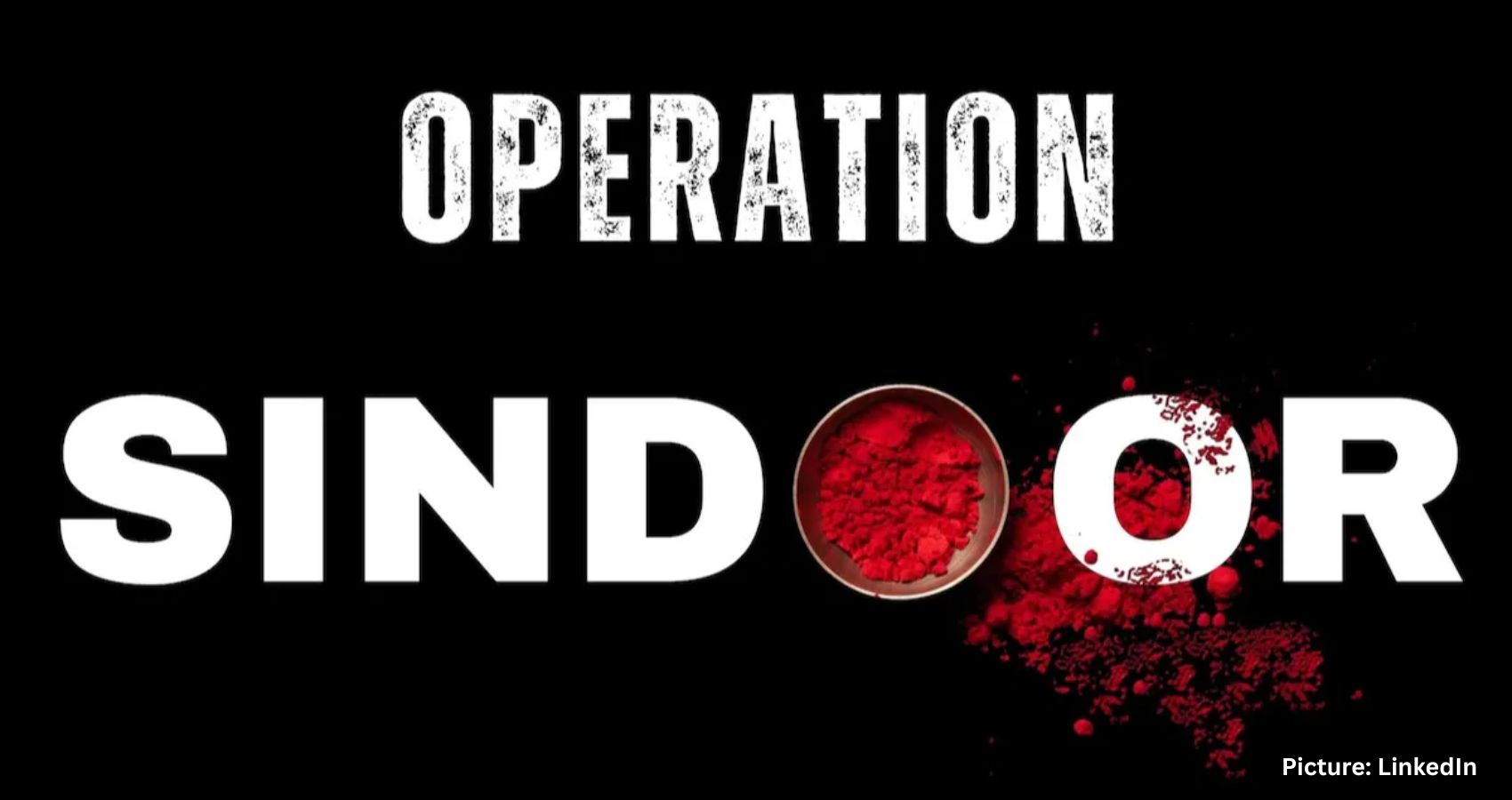
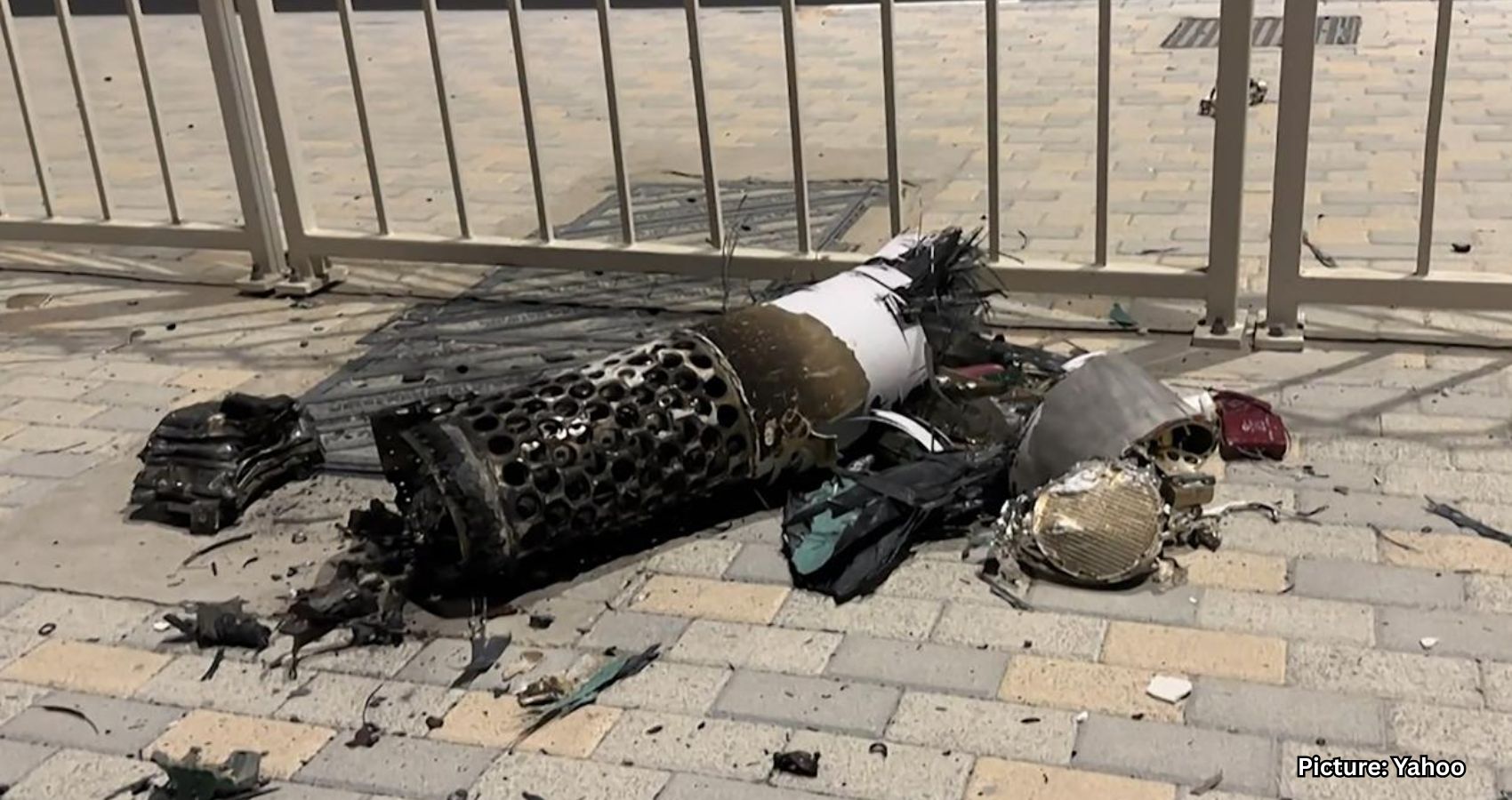
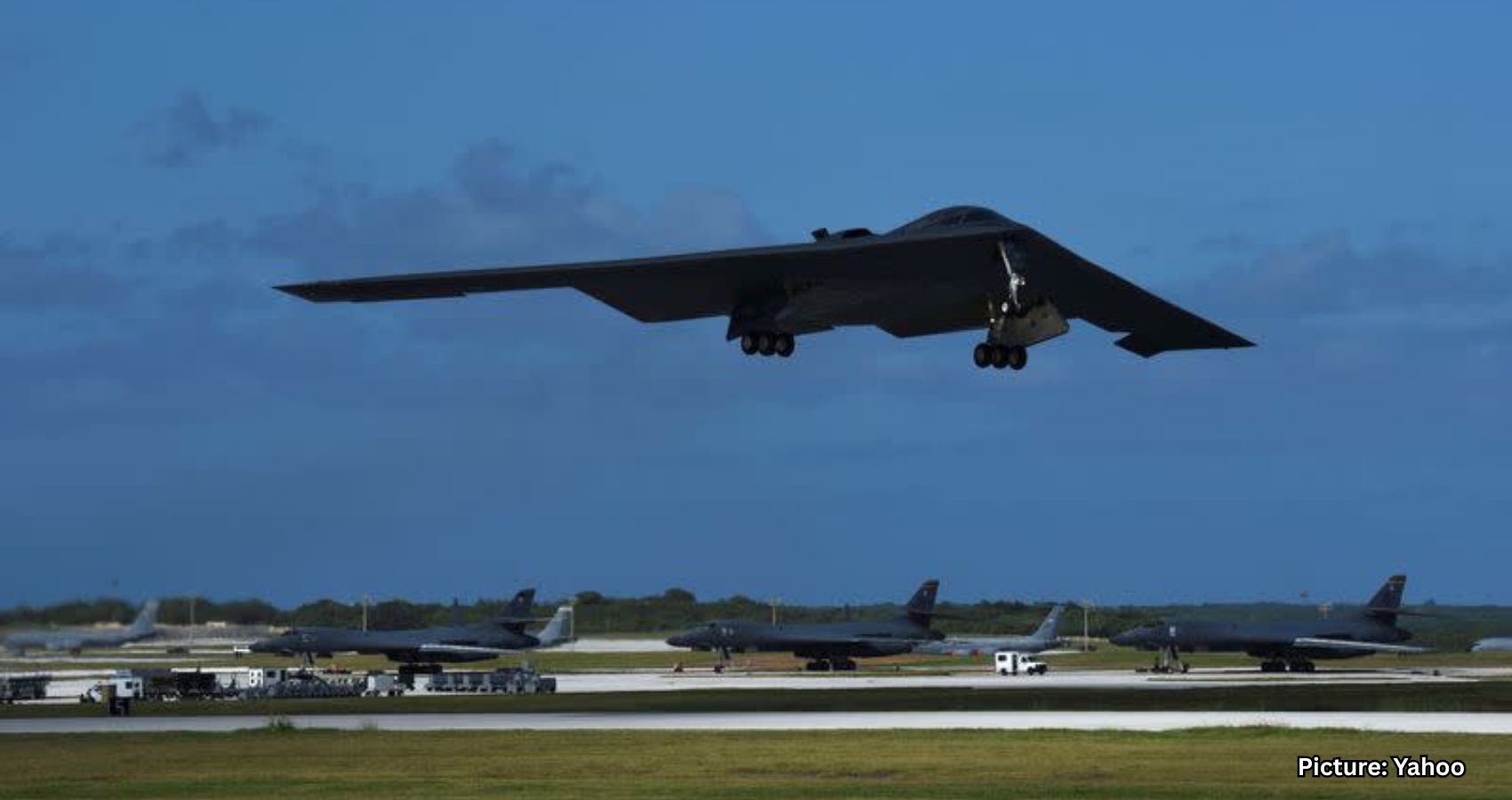
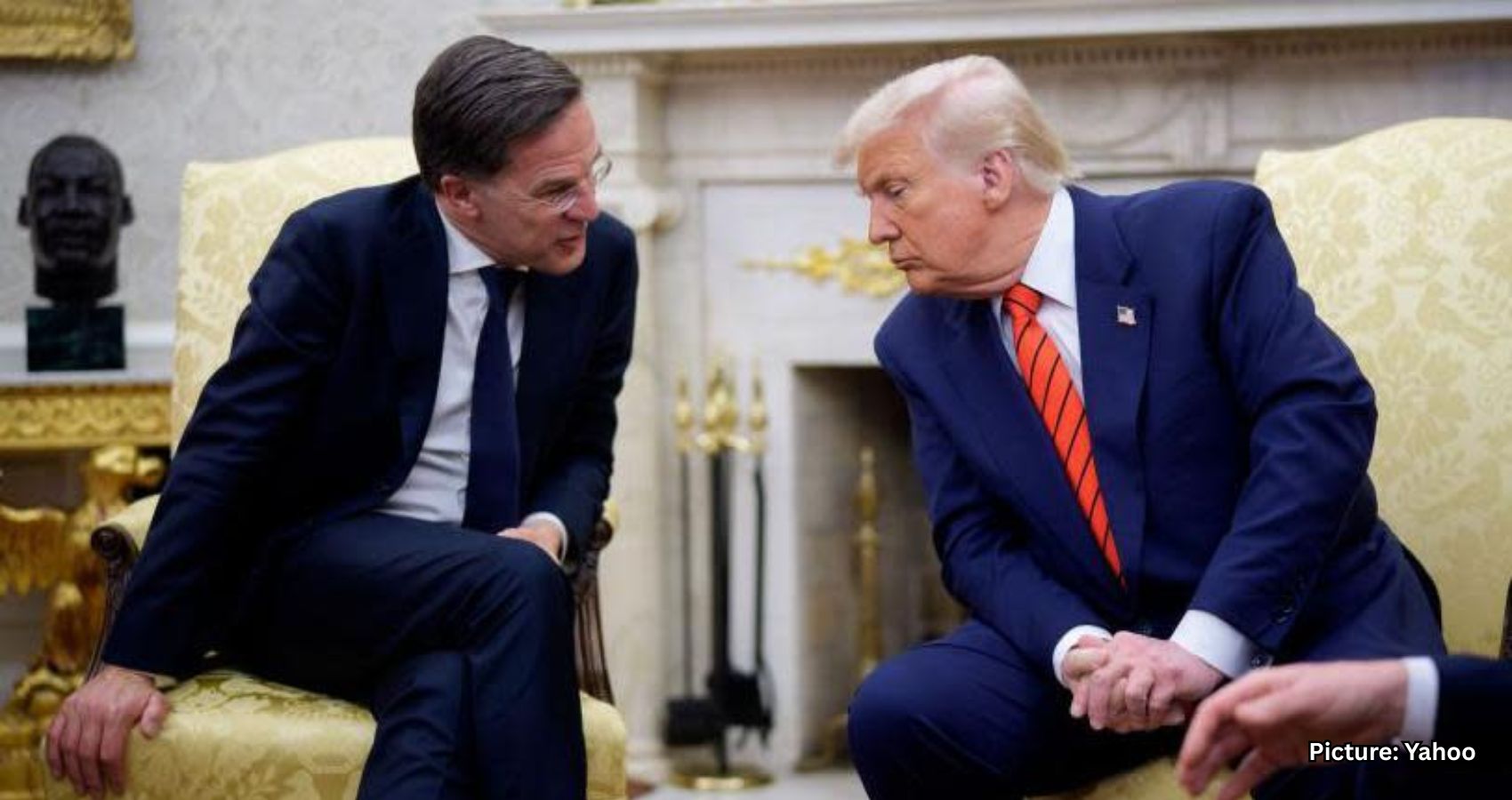
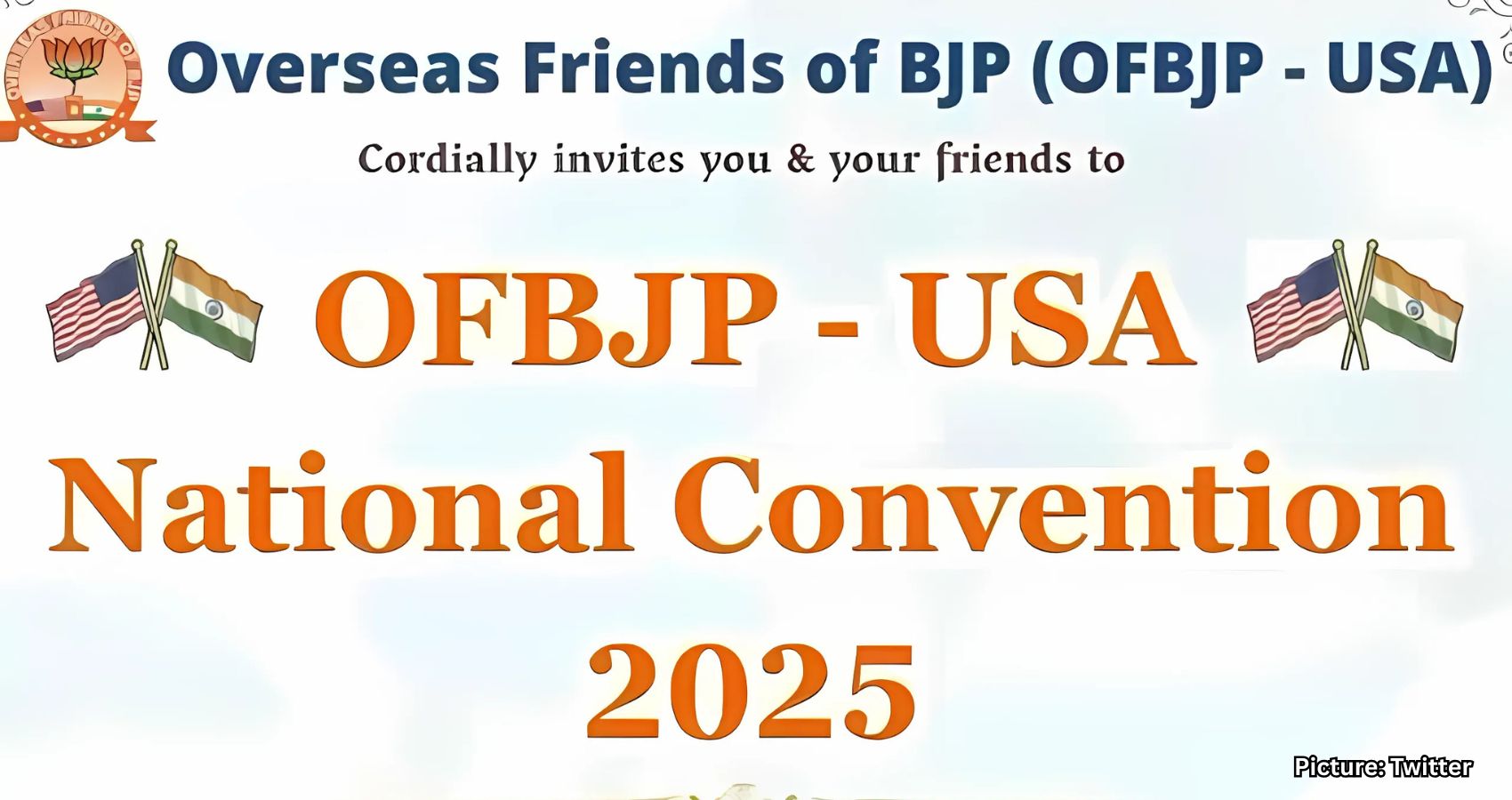
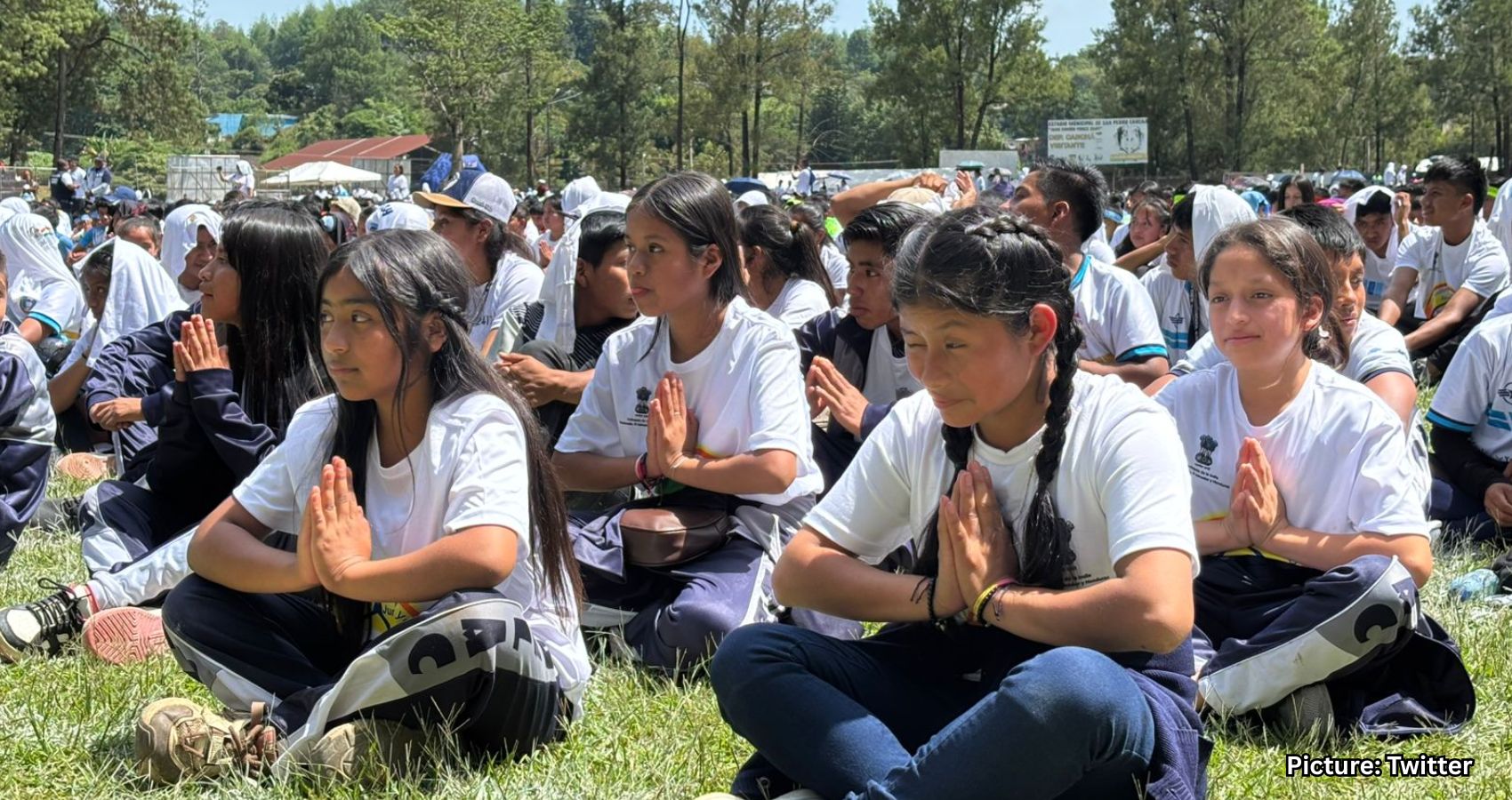
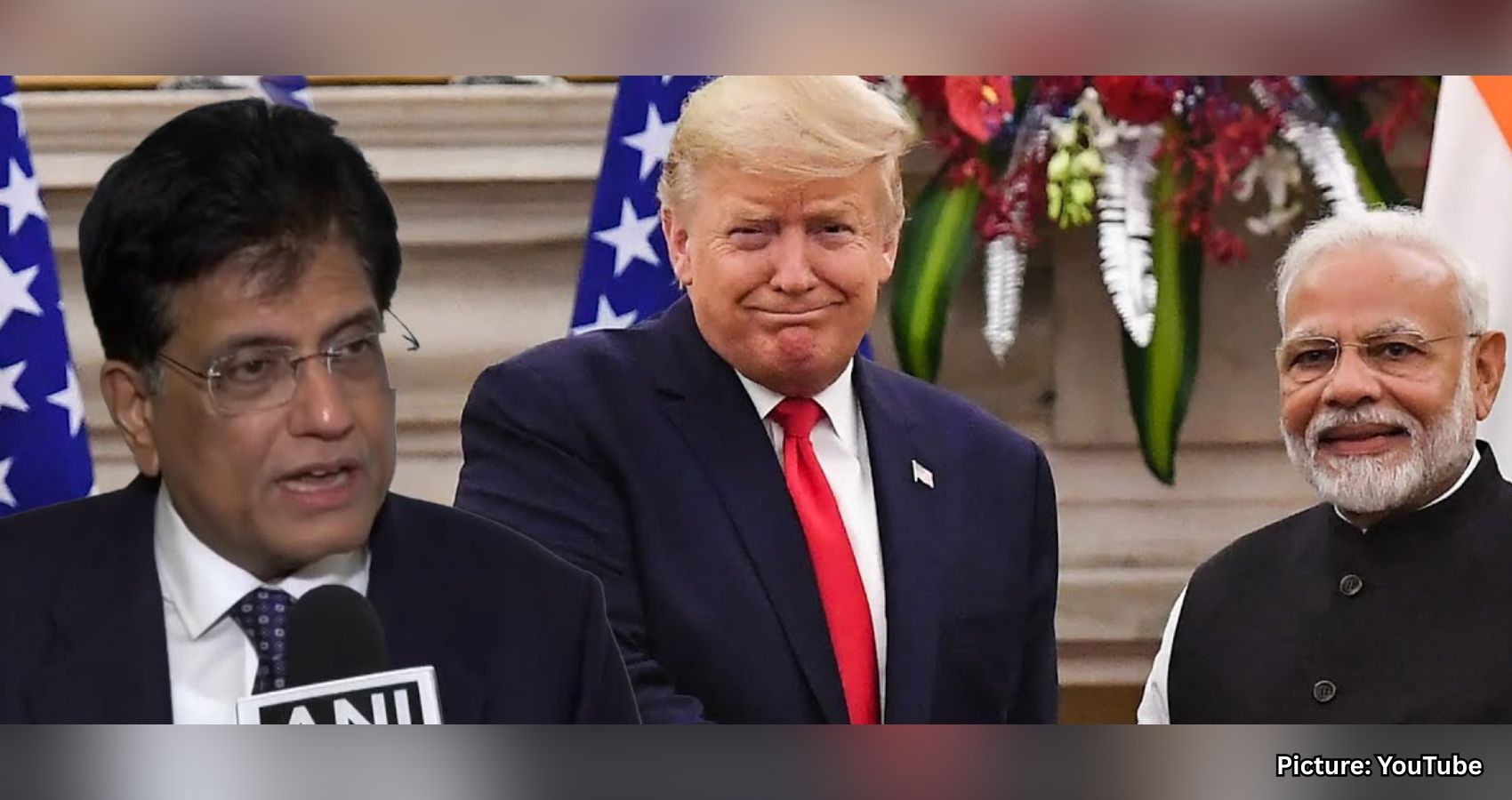
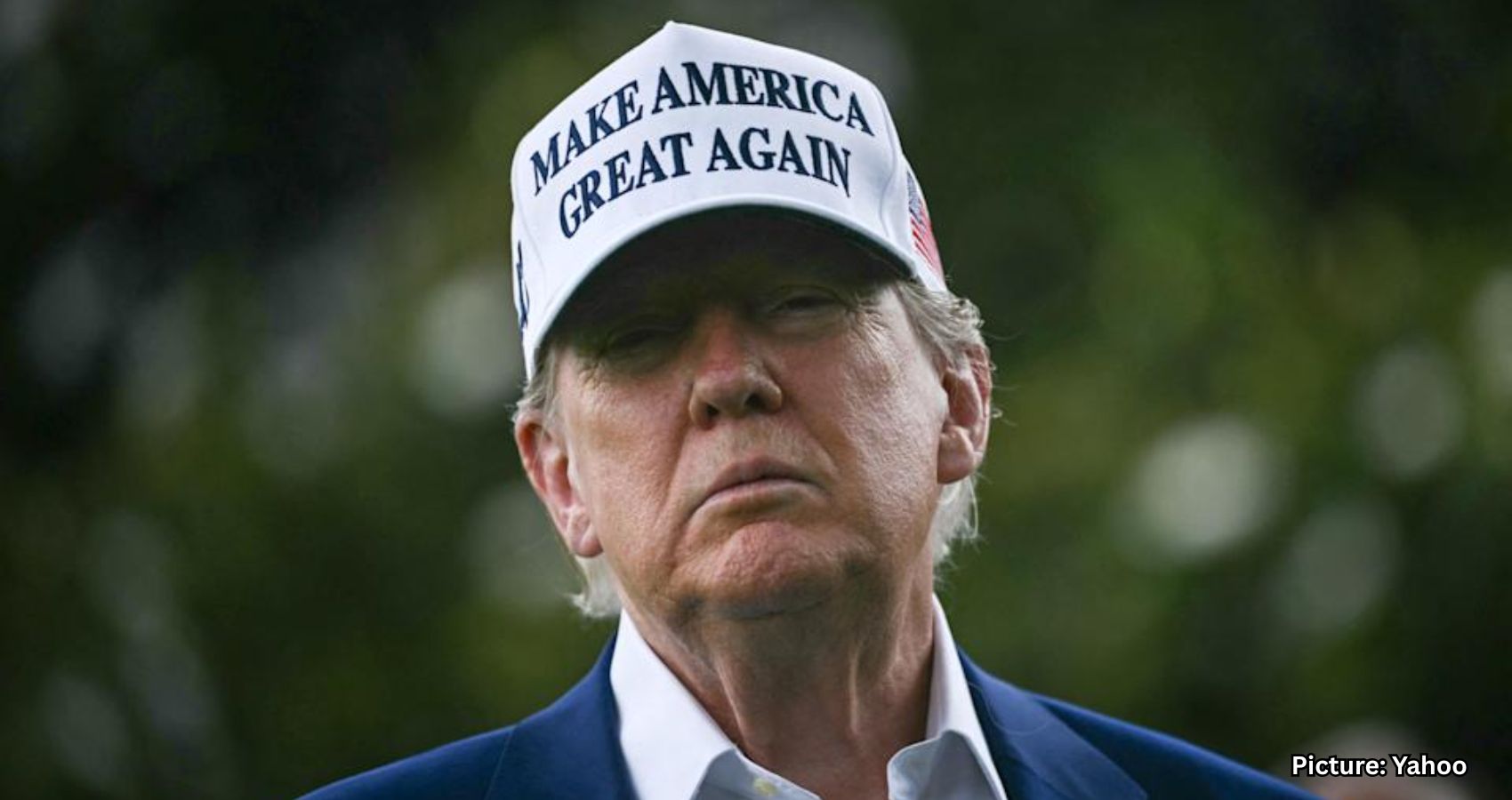
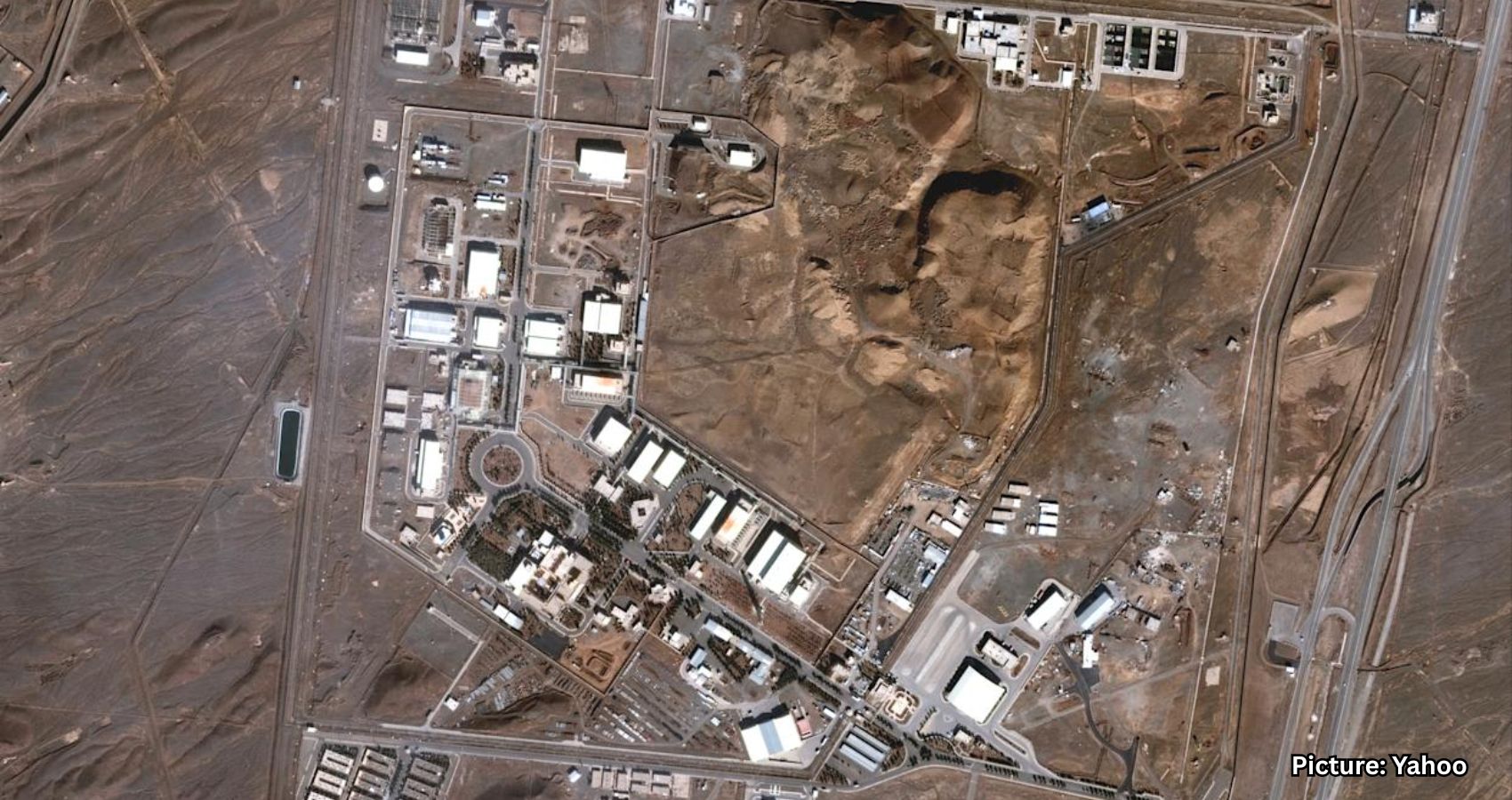
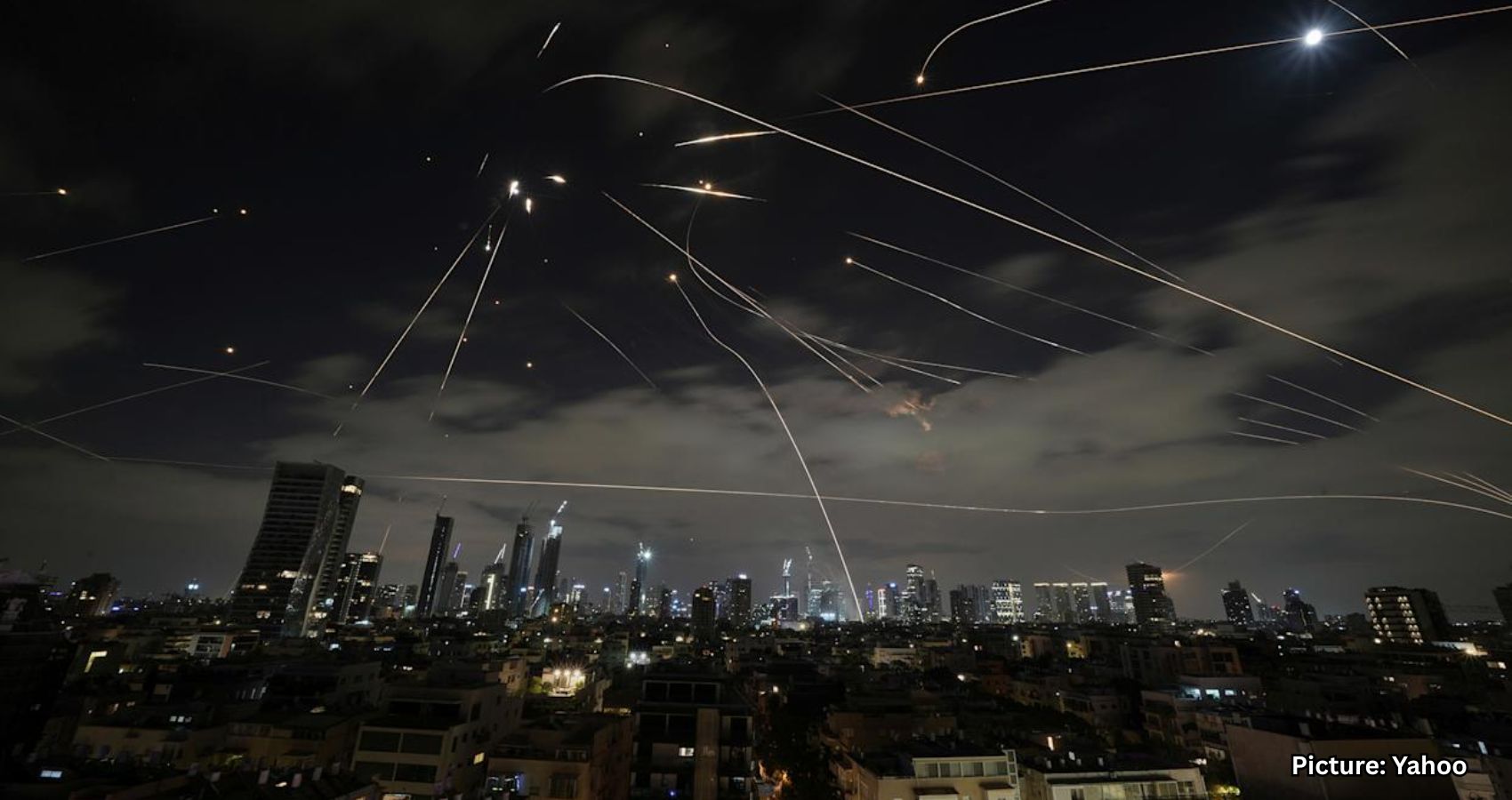
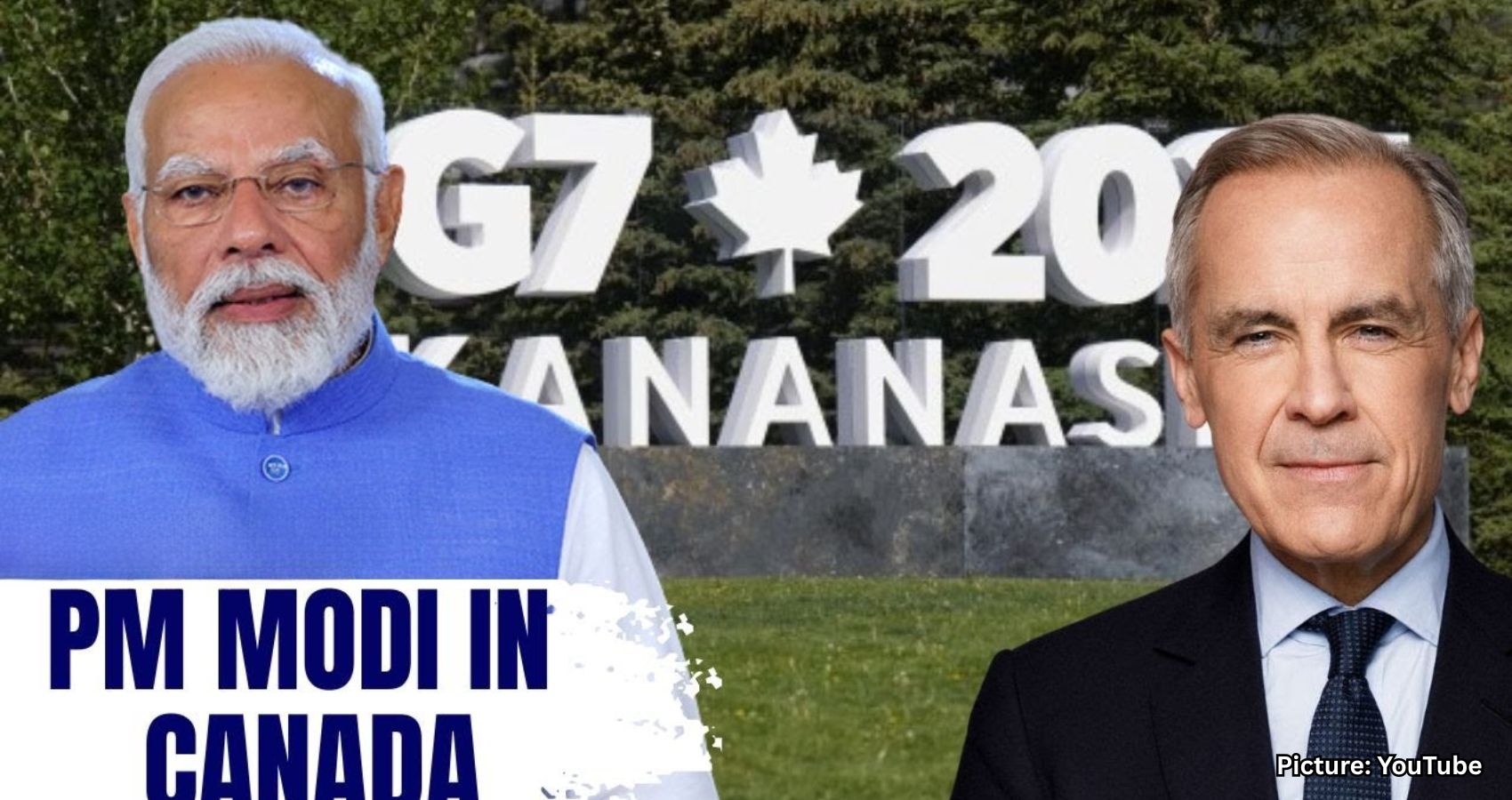
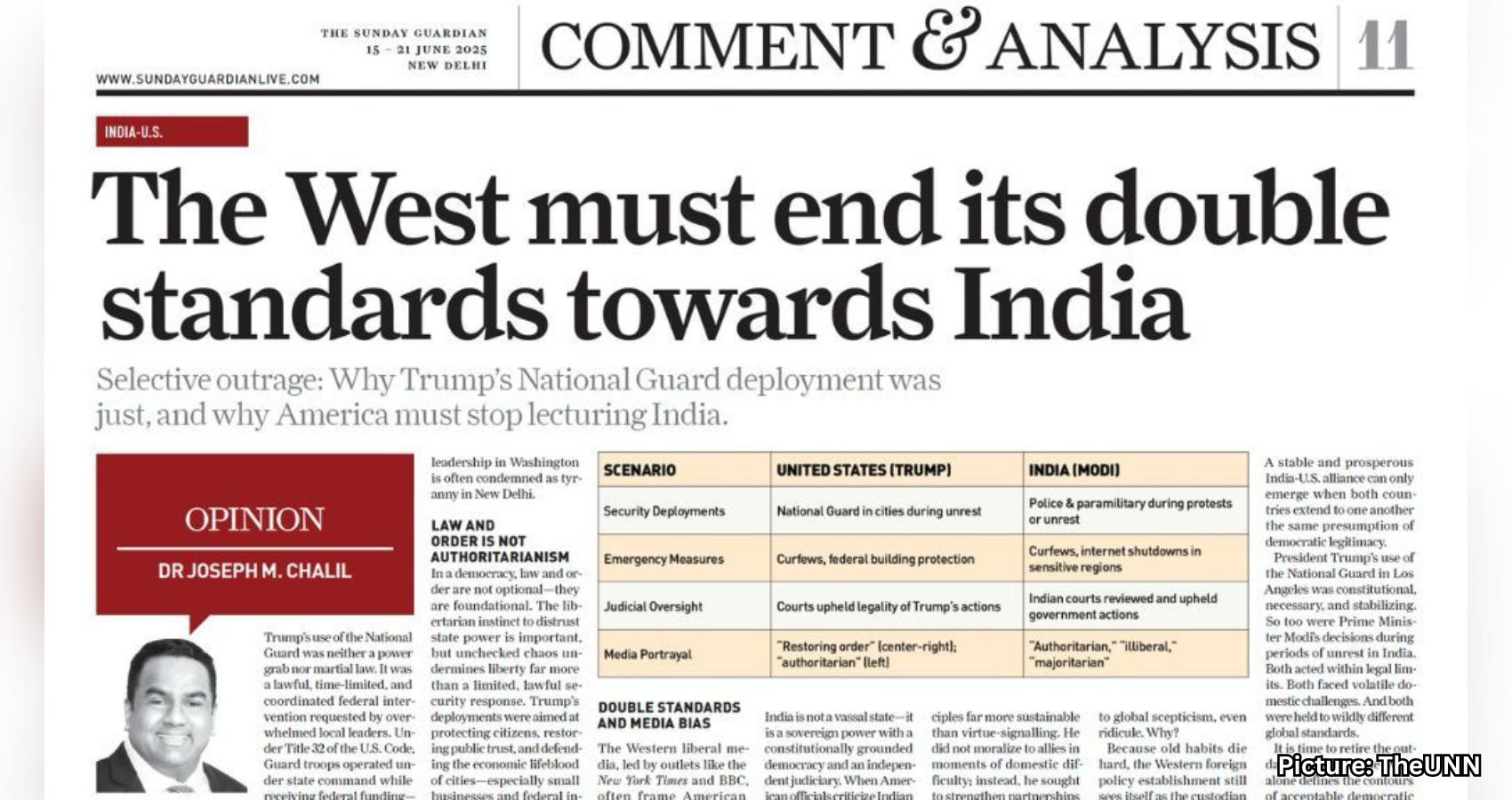
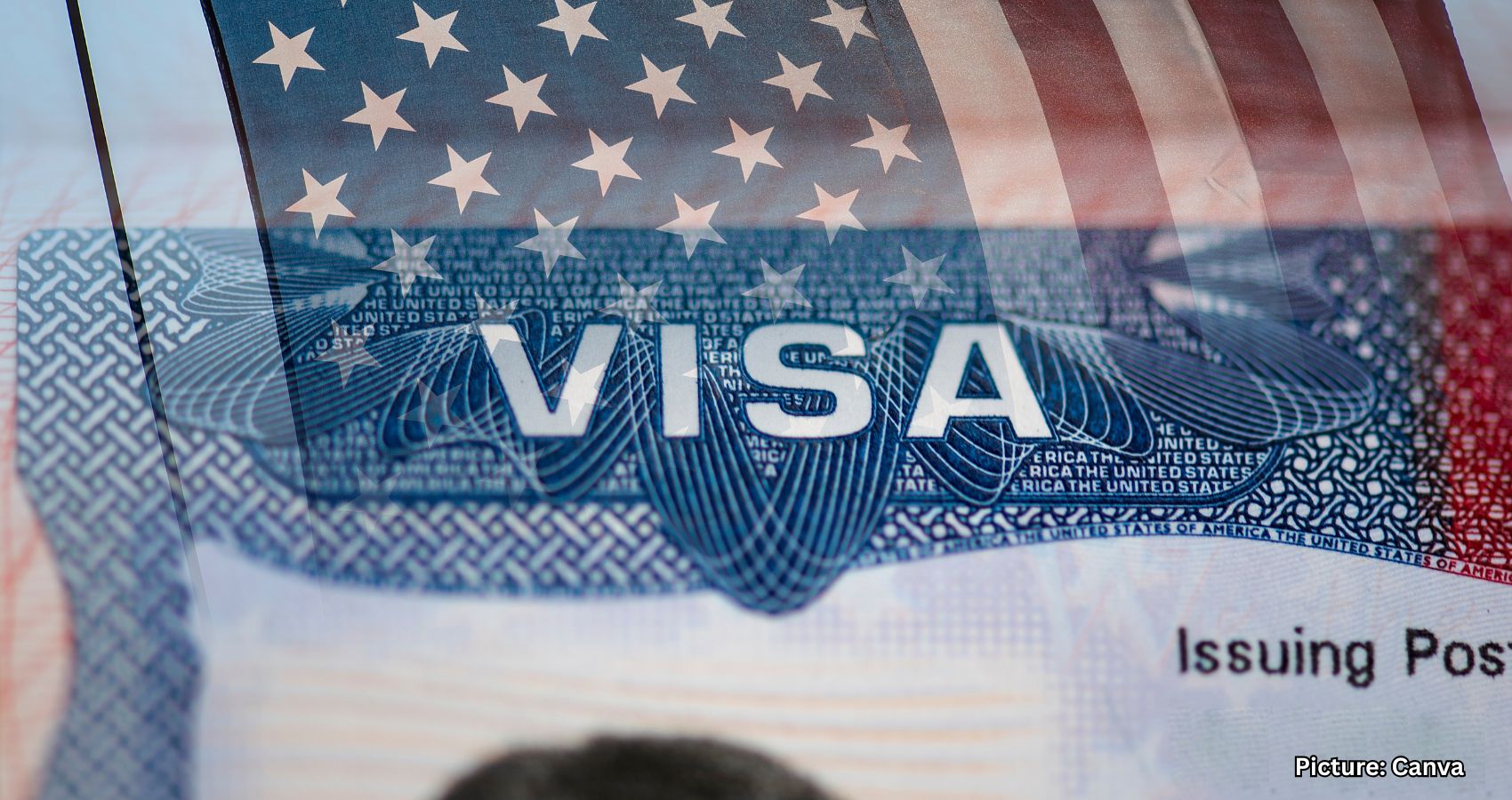
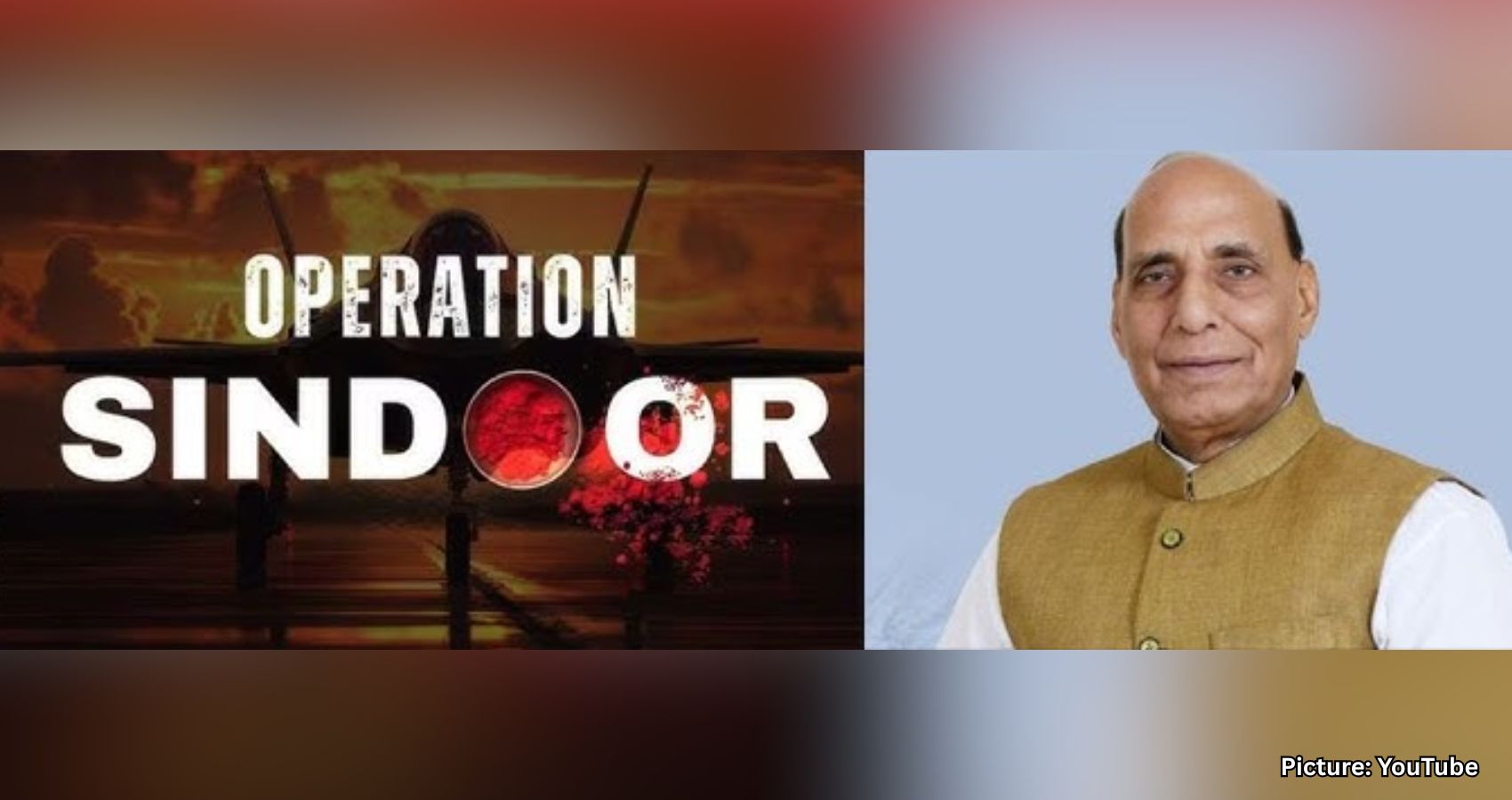
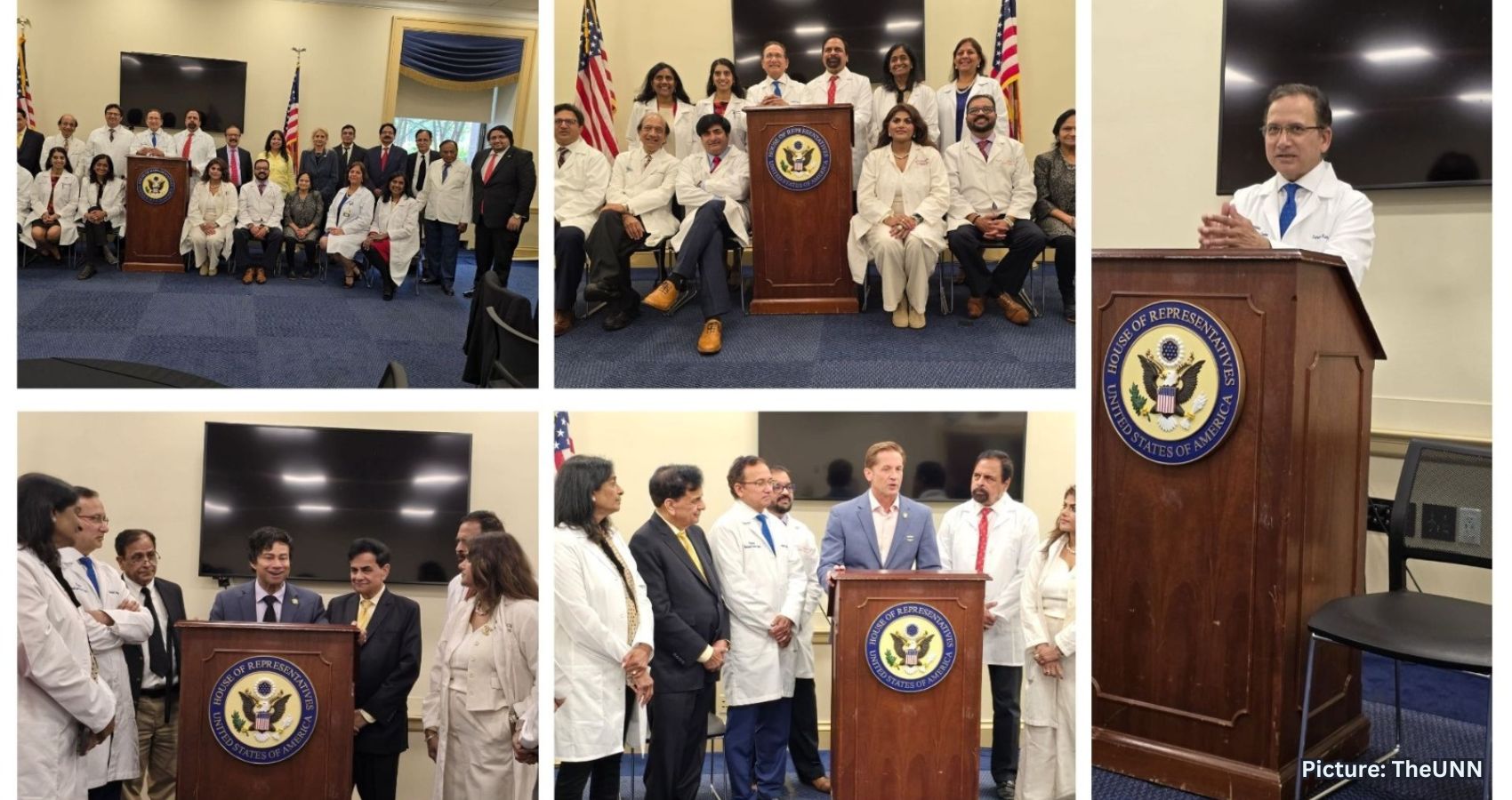
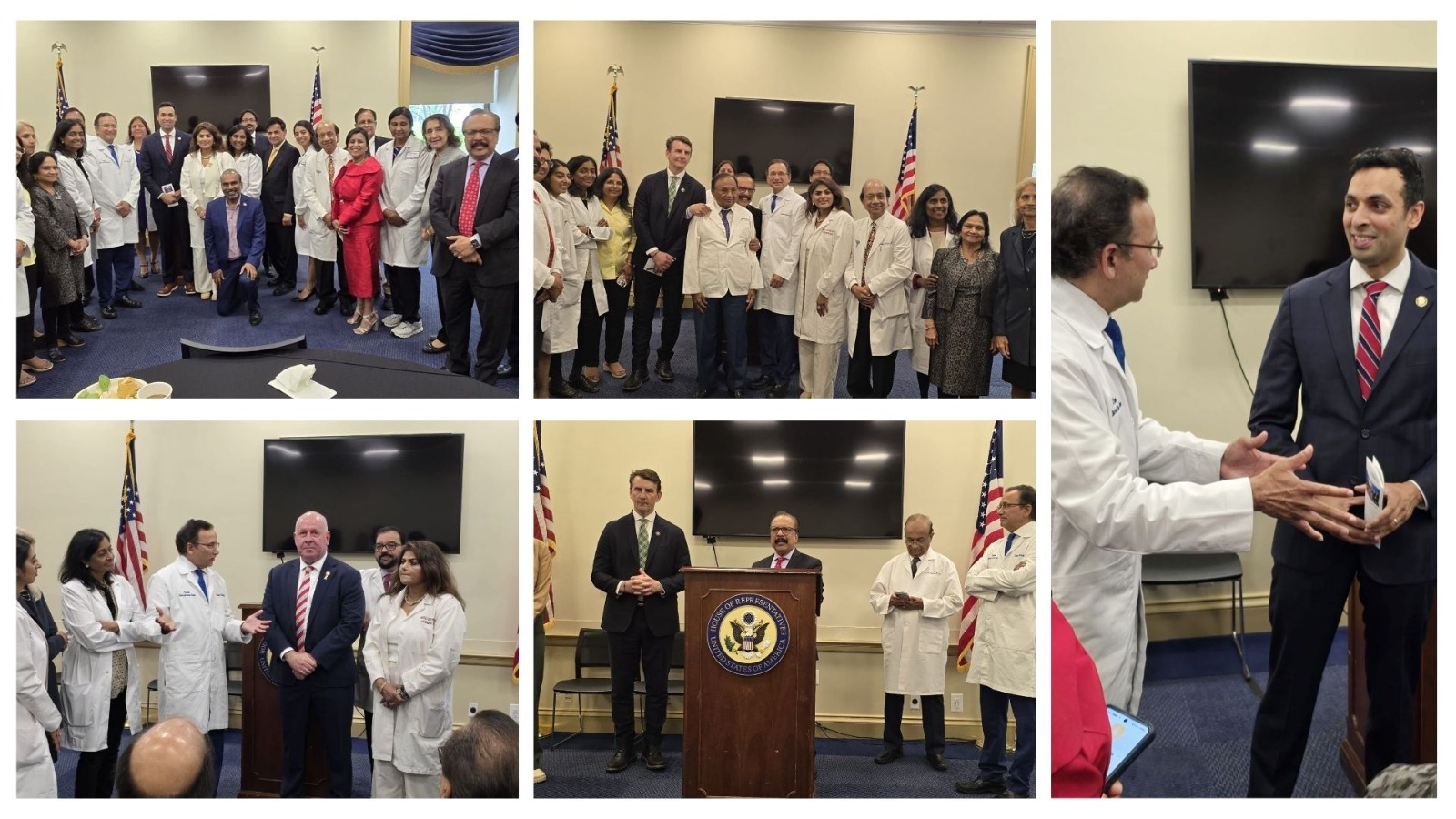 Dr. Kathula along with other AAPI leaders presented before the lawmakers, key issues that affect the delivery of healthcare in the issues in the US. “Fixing Medicare reimbursement cuts, reforming prior authorization processes, addressing scope of practice concerns, fast-tracking green cards for H-1B visa holders, securing equitable Telemedicine payments, and proposing amendments to the Stark Law” were some of the issues AAPI highlighted in their meetings with the lawmakers.
Dr. Kathula along with other AAPI leaders presented before the lawmakers, key issues that affect the delivery of healthcare in the issues in the US. “Fixing Medicare reimbursement cuts, reforming prior authorization processes, addressing scope of practice concerns, fast-tracking green cards for H-1B visa holders, securing equitable Telemedicine payments, and proposing amendments to the Stark Law” were some of the issues AAPI highlighted in their meetings with the lawmakers.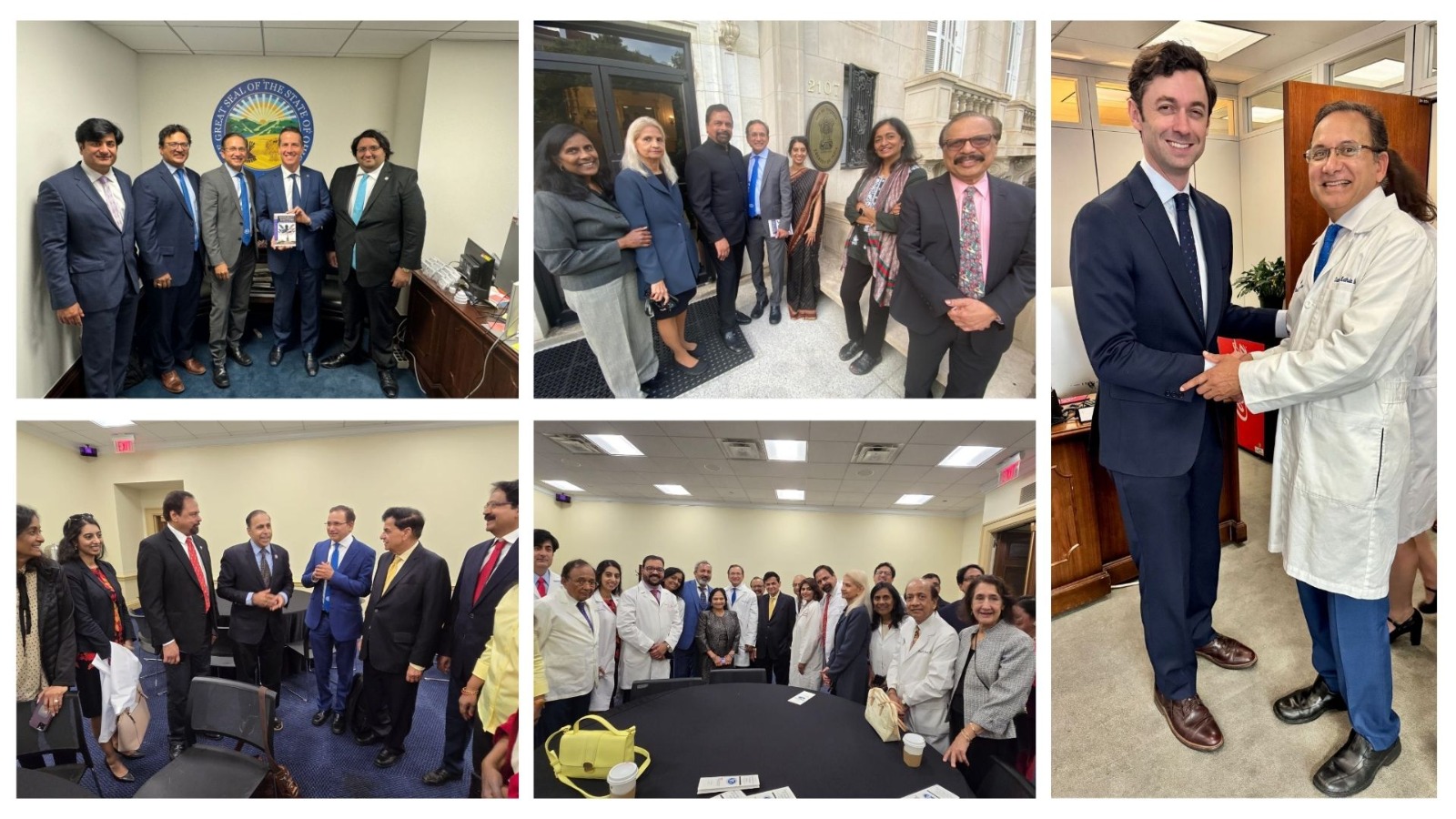 encouraged by the momentum. AAPI’s advocacy on these critical topics will remain ongoing,” Dr. Vidya Kora, Co-Chair of AAPI Legislative Affairs Committee.
encouraged by the momentum. AAPI’s advocacy on these critical topics will remain ongoing,” Dr. Vidya Kora, Co-Chair of AAPI Legislative Affairs Committee.








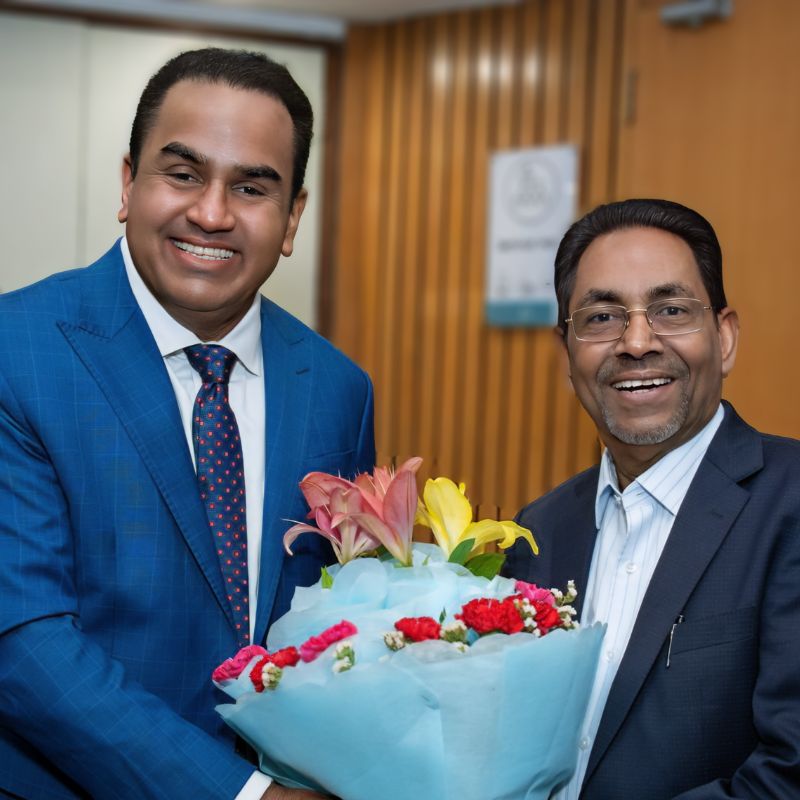 Ambassador S.D Muni, a renowned expert in South Asian politics and international relations, offers readers an unparalleled glimpse into the world of diplomacy. His memoir, “Dabbling in Diplomacy: Authorised & Otherwise” provides an insider’s perspective on critical political developments in South Asia, including Nepal, Sri Lanka, Bhutan, and Laos. The book combines Prof. Muni’s extensive academic knowledge with his personal experiences, making it a compelling read for scholars, policymakers, and anyone interested in international affairs.
Ambassador S.D Muni, a renowned expert in South Asian politics and international relations, offers readers an unparalleled glimpse into the world of diplomacy. His memoir, “Dabbling in Diplomacy: Authorised & Otherwise” provides an insider’s perspective on critical political developments in South Asia, including Nepal, Sri Lanka, Bhutan, and Laos. The book combines Prof. Muni’s extensive academic knowledge with his personal experiences, making it a compelling read for scholars, policymakers, and anyone interested in international affairs.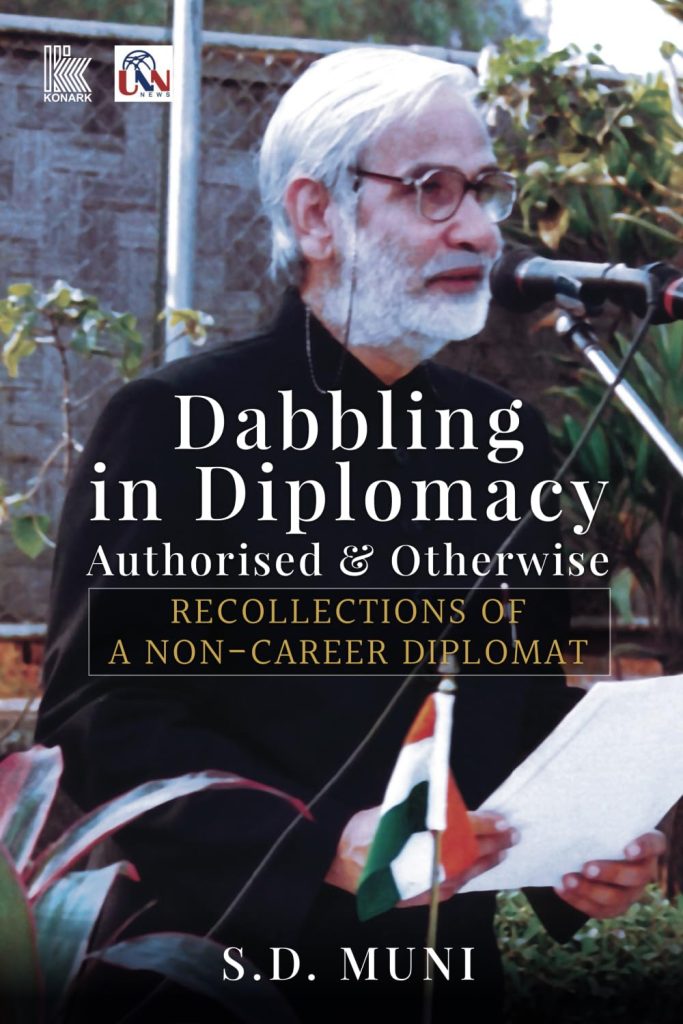
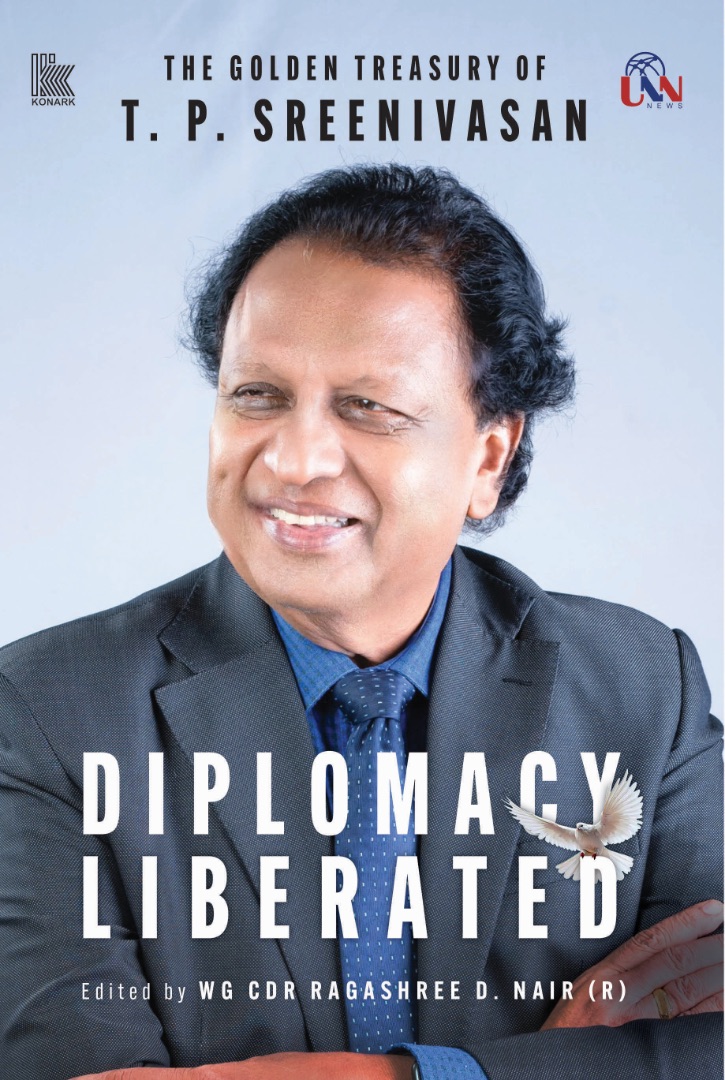
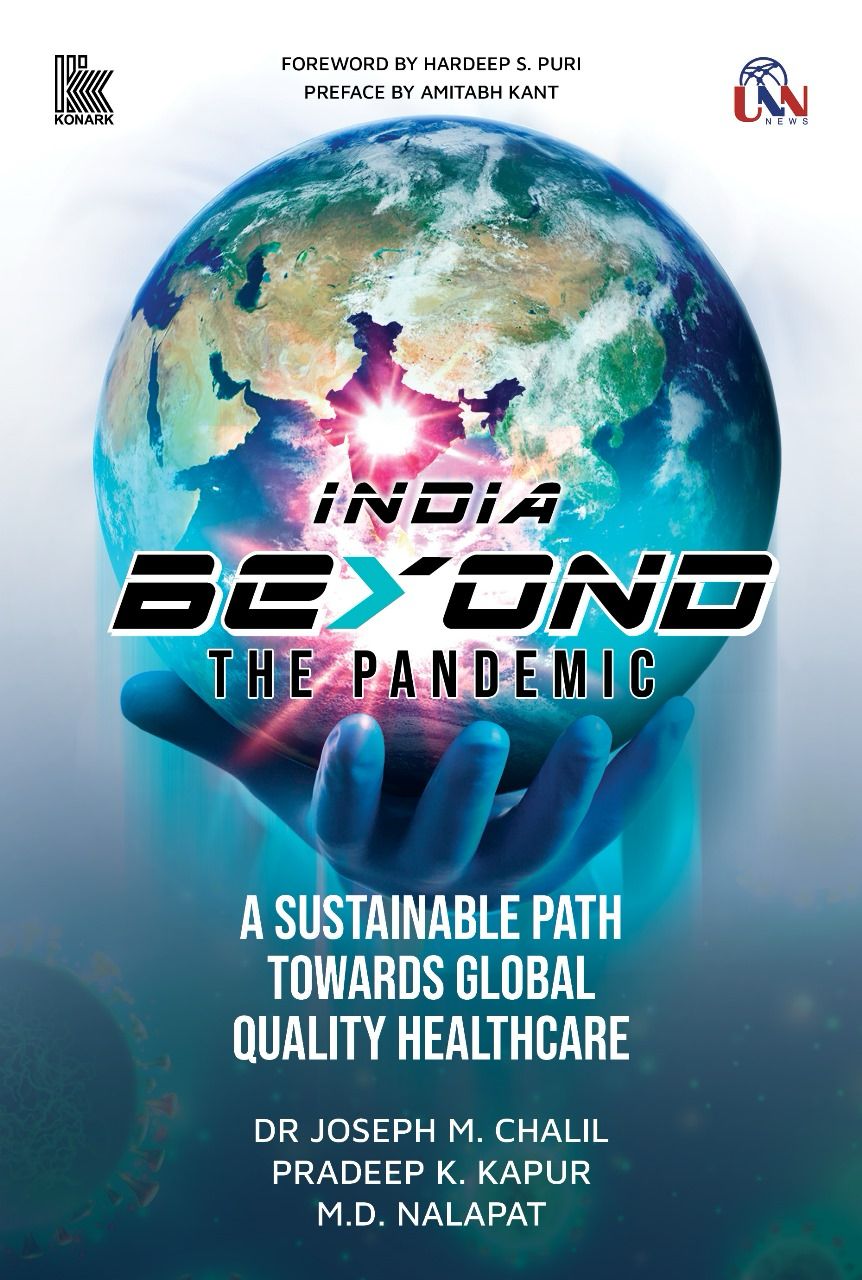
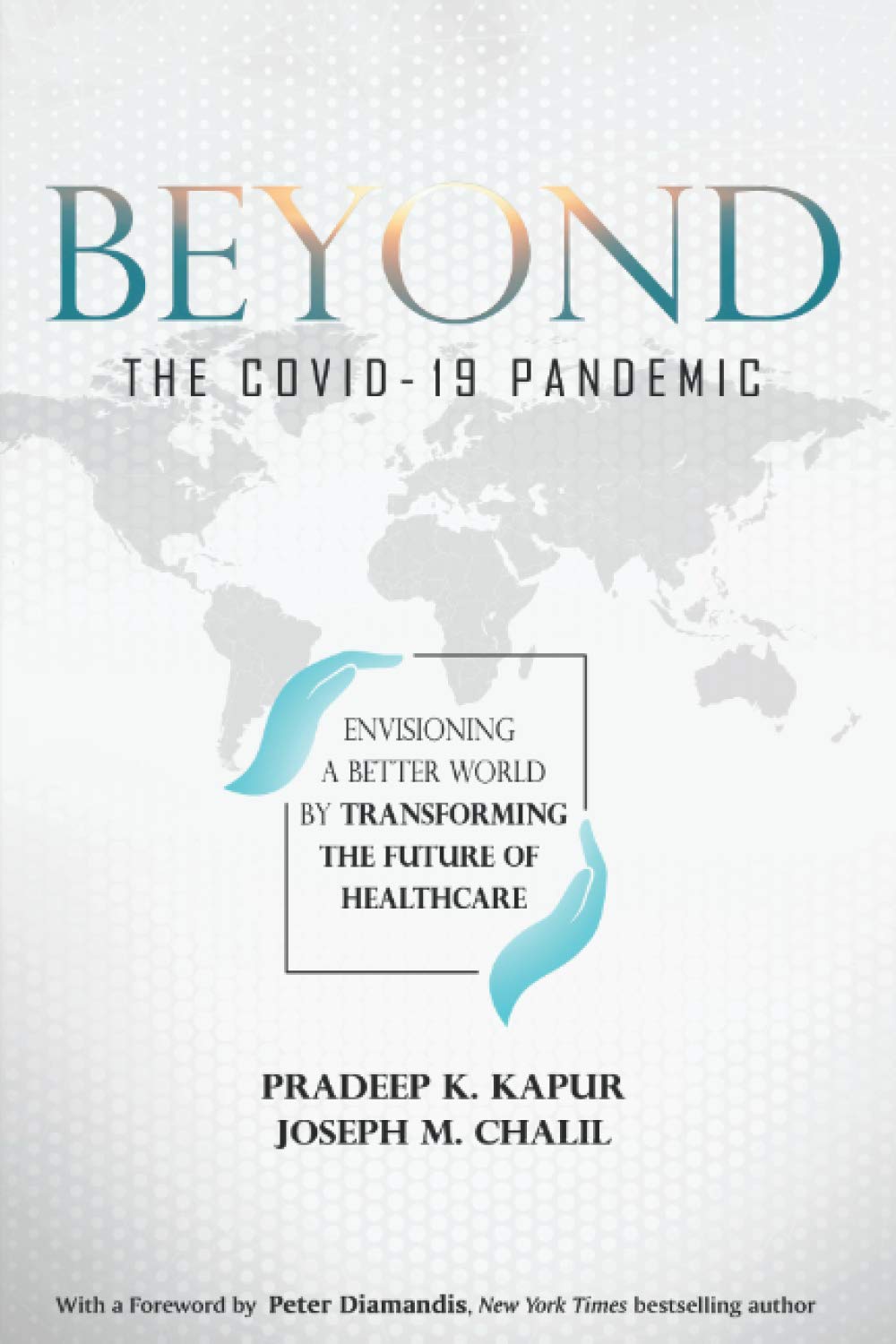
 Dr Hemant Dhingra said in his remarks how the economic ties between two countries have reached a new high under leadership of Ambassador
Dr Hemant Dhingra said in his remarks how the economic ties between two countries have reached a new high under leadership of Ambassador